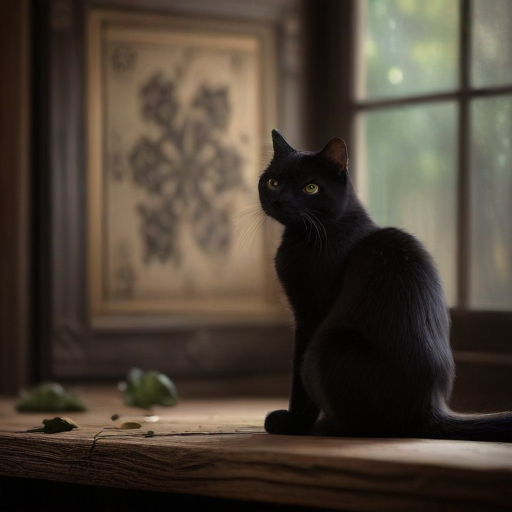Today marks Friday the 13th, a day that holds a unique place in the calendar, occurring a few times each year. This year, it happens to be the second Friday the 13th in 2024, just two months after the last occurrence in September. Interestingly, it coincides with pop superstar Taylor Swift’s birthday, and lucky individuals might also be hoping for a win in the upcoming Mega Millions drawing. In 2025, there will be only one Friday the 13th, which falls in June.
The day is often linked with various superstitions, luck, and magical beliefs, and its origins are quite intriguing. While the horror film franchise might have intensified the fears surrounding this day, historical roots likely stem from religious narratives.
The lore around Friday the 13th is thought to relate back to Christian teachings. Some believe that the number 13 is associated with Judas Iscariot, who betrayed Jesus and is commonly referred to as the 13th guest at the Last Supper. This belief ties into a broader human behavior known as “magical thinking,” according to Dr. Phil Stevens, a retired anthropology professor. He notes that when two seemingly unrelated events become linked in our minds, it fosters a superstitious belief system. Thus, both the number 13 and Friday carry negative connotations—Friday due to its connection to the crucifixion.
Common superstitions linked with this day of bad luck include:
– Breaking a mirror, said to bring seven years of misfortune.
– Walking under a ladder, which disrupts a triangle representing life and invites misfortune.
– Spilling salt, thought to bring bad luck unless you toss a pinch over your left shoulder for protection.
– Crossing paths with a black cat, traditionally linked to witchcraft and misfortune.
– Stepping on cracks, with the popular rhyme suggesting harm may come to family.
Conversely, some actions are believed to attract good luck, such as:
– Carrying a lucky charm like a four-leaf clover or horseshoe.
– Knocking on wood to prevent jinxes or bad luck.
Another significant aspect of Friday the 13th is its association with tattoo culture. Many tattoo shops capitalize on this day by offering special promotions, allowing patrons to get tattoos at discounted rates. This trend, particularly around predesigned “flash” tattoos, has made Friday the 13th a popular day for tattoo enthusiasts. The tradition of these discounts is often credited to Oliver Peck, co-owner of Elm Street Tattoo in Dallas, who organized an event in 1995 that marked the beginning of a tattoo marathon, tattooing “13” on multiple customers in a 24-hour period—a practice that gained significant popularity.
In conclusion, Friday the 13th continues to be a day of excitement and caution, filled with intriguing superstitions and even opportunities for self-expression through tattoos. Whether one views it as a day of bad luck or a chance for a memorable experience, it undeniably adds a layer of cultural flair to the calendar. Embracing the fun, we can let this particular Friday be a reminder that amidst the superstitions, there is always an opportunity for joy and celebration.
